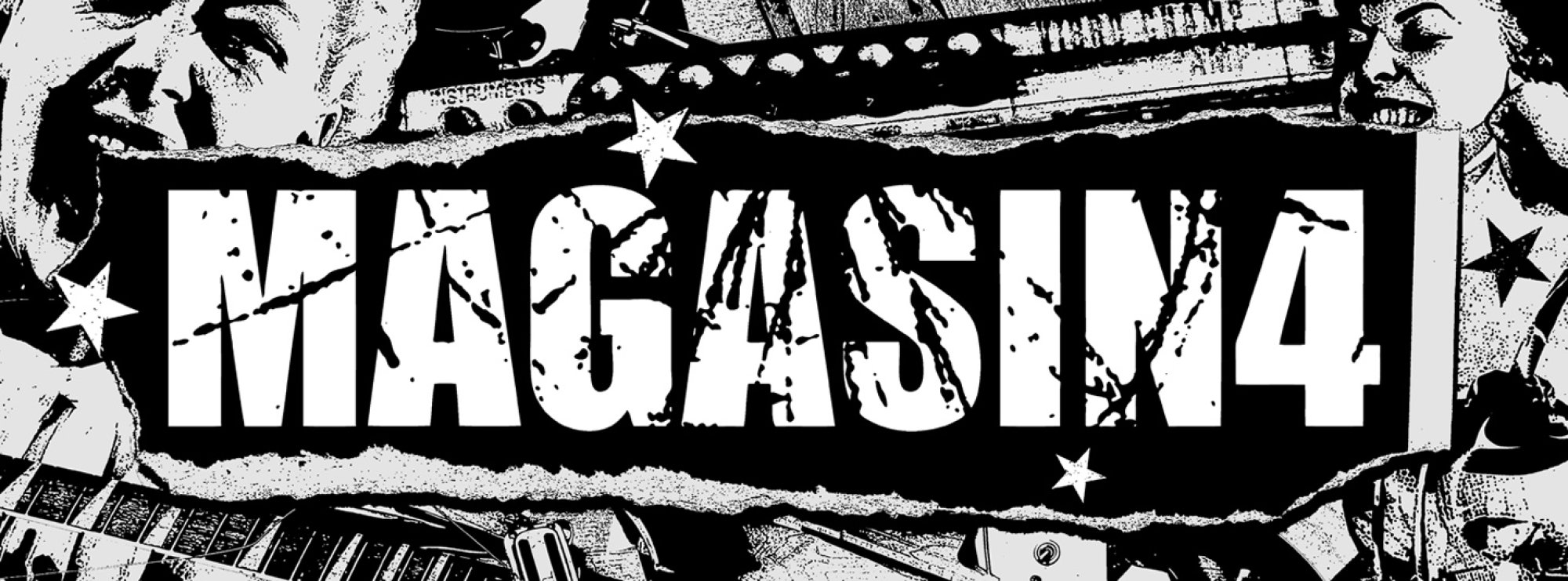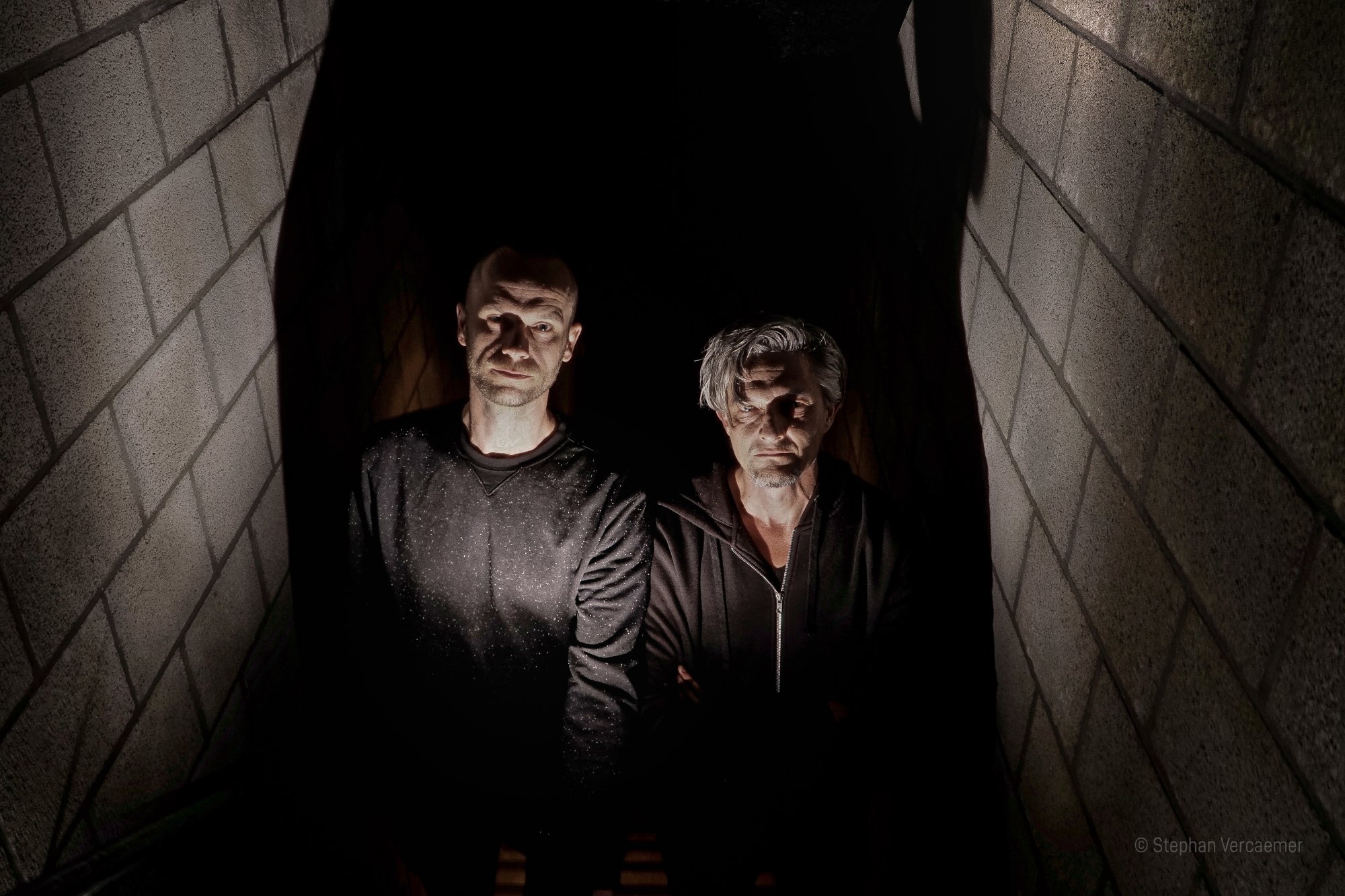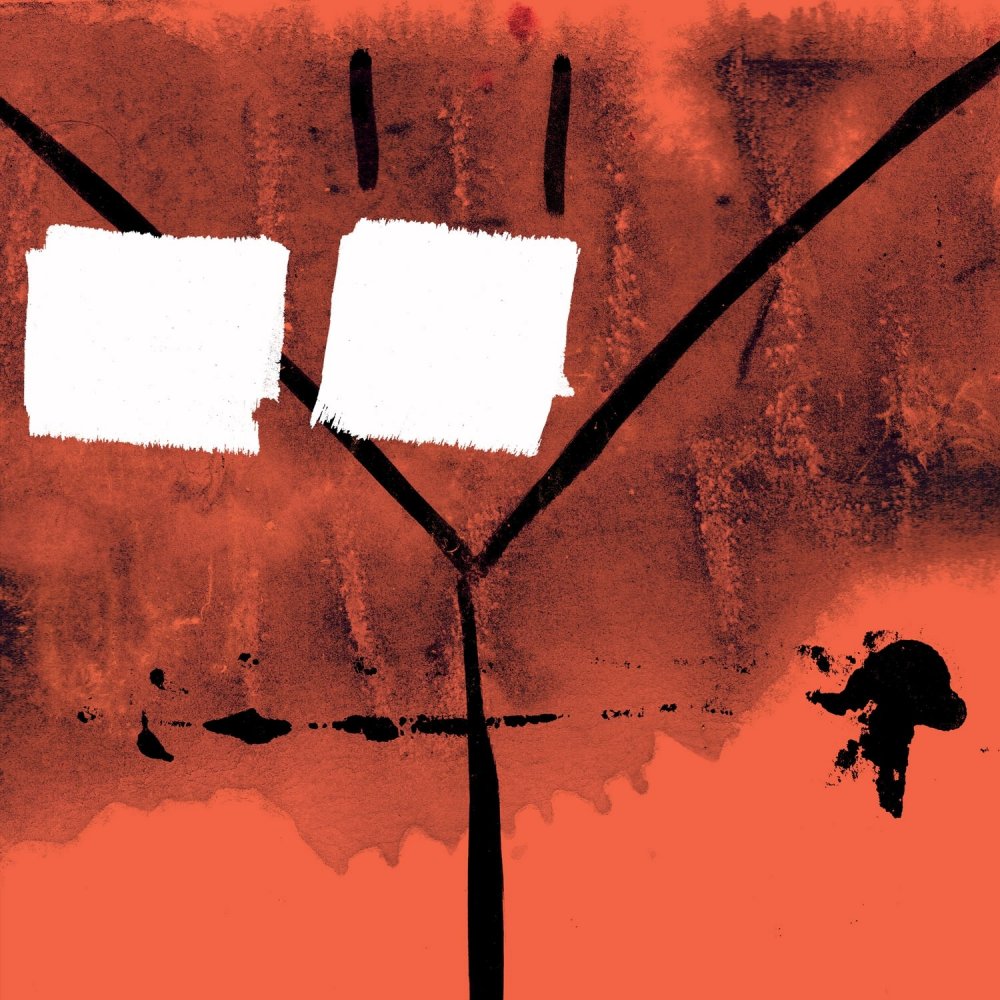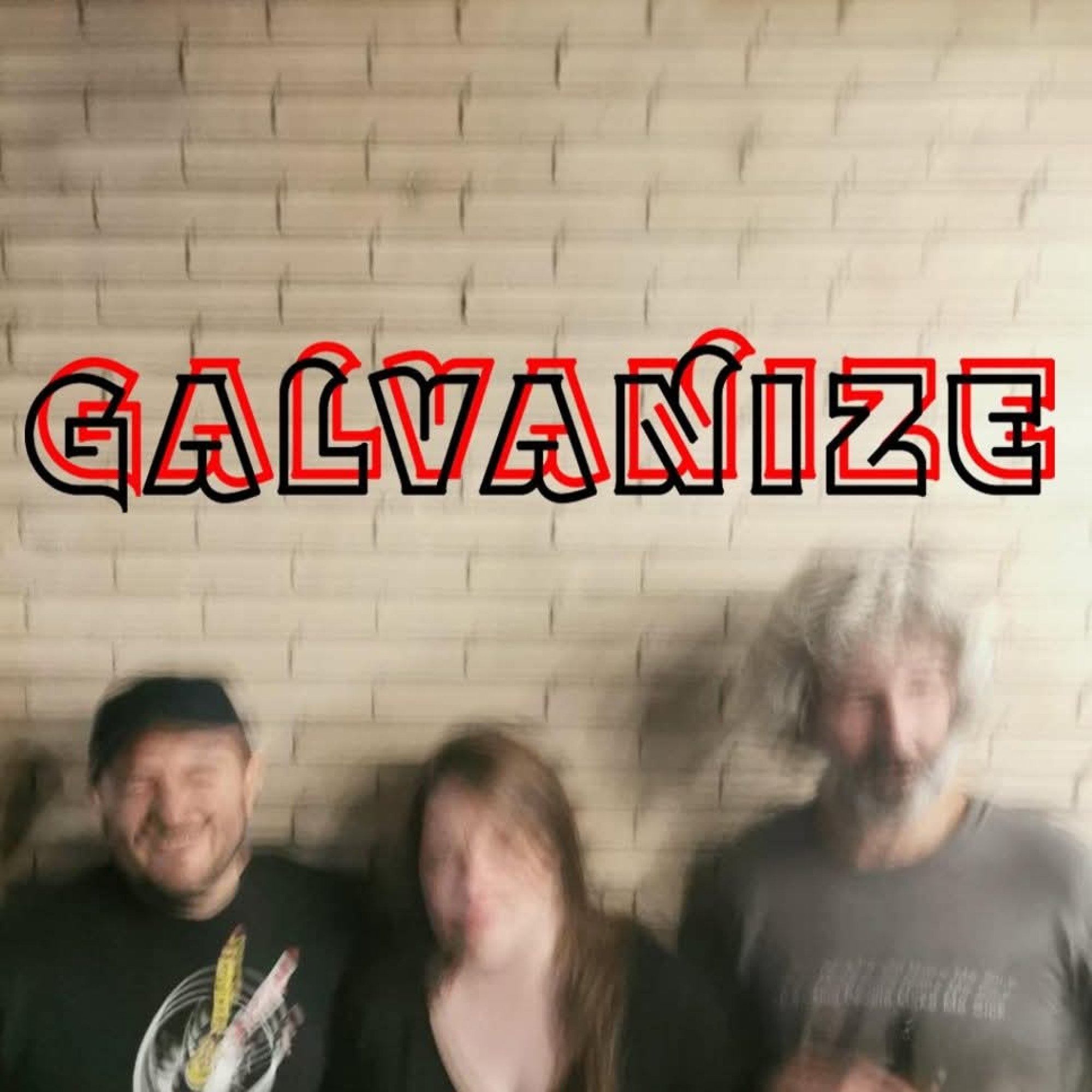Whispers, rumbling, clattering, departure: The emotional as
well as detail-laden music of one of Berlins most notable
noise-rock duos may always convincingly strike you down, but
it's about so much more than mere overwhelm. The new album
"Widergeburt" condenses the Dÿse principle like never before -
an anthill of epic, small and damn wacky ideas.
A single man stands in the way of an approaching tank. Man
against war machine. The balance of power could hardly be more
unequal. And yet... the tank stops.
On the Dÿse song "Laicos Neidem" they call that particular guy
"tankman". The text refers, among other things, to an iconic
image of the students' revolt in Beijing in 1989. An image
that went around the world. By the standards of our time,
daily news, newspapers, magazines - all after a certain delay.
Analogue snail mail.
But what power would these pictures from Beijing have had
today in the age of social media? Would the resulting
publicity have prevented the uprising from rolling over? Or
does social media rather disrespectfully charge at a peaceful
coexistence in the here and now?
Questions to be prepared for with this new album. Multiple�choice-answers to tick in boxes can be found elsewhere.
"Widergeburt", by contrast, is the multi-perspective noiserock
intervention of the new decade.
But let's start from the beginning: Dÿse, that's Jarii van
Gohl and Andrej Dietrich. One should not waste time on their
founding story, case in point, is probably not true anyway.
You can find rather questionable legends about the meeting of
the two with a quick search on Wikipedia. Everything sounds
more like sailor's yarn instead of reliable hard facts. They
have always preferred a good story to music-historical
information, says Andrej Dietrich apologetically. But it
doesn't really look like he's sorry about that in particular.
Why should he be?
Dÿse, that band with the funny umlaut, was founded in the
2000s in Jena. Currently, Andrej and Jarii live in Berlin.
When confronting yourself with the music of the two, you
always come back to the central cornerstones: Attitude,
intensity, D.I.Y., live, energy.
Dÿse like to irritate the system, including their own, and
that would not work without the humor that comes with it. So
much for the starting point. If you really need more hard
facts, please start a crowdfunding for a Dÿse biopic.
The focus is drawn to the now, seven years after "Das Nation",
finally – a new album.
Dÿse, the duo that lacks a bass player, have set their missing
link a small monument. Hello bass player! The duo has always
been missing one - on purpose. "Nevertheless, we wanted to
cover the whole frequency spectrum this time" says Jarii van
Gohl. This time, the recordings couldn't do without bass
tracks. As a solution, Dÿse turned to bassist friends and
asked for their contributions to new tracks. The bassist as a
guest of honor?
Yes.
Honey on the wounds of those who are aware of how sparingly
bass is otherwise given attention in a band. So on Dÿses
"Widergeburt", ten different bassists tie in with the songs.
Bassists who otherwise play in outfits such as Beatsteaks,
Deichkind, Kraftklub, Vizediktator, Heaven Shall Burn to
Rammstein, among others. Oh yes, and "Alles ist meins"
features Farin Urlaub on bass – who is commonly known as the
guitarist of german punk rock legends "Die Ärzte".
Such an open-source concept did not exist before, but for Dÿse
giving the collective consciousness an overhaul is nothing
new. The album "Das Nation" ("Nation") already carried its
pluralism in the title - and also in the music.
They used "Laicos Neidem" as the pre-release video. The aim
being the Dÿse-typical goal of fusing together more than the
sum of individual parts. Drummer and singer Jarii van Gohl,
however, almost broke down in the process. "I used to
breakdance - and was convinced I didn't need to warm up. As a
result, I twisted my knee. Meniscus tear." Ouch. "But drumming
is fine," he adds reassuringly. Well, then. Fortunately, you
don't see this nasty part in the clip, it's more likely to
conjure up a block party atmosphere. The kind you might
recognize from '80s cult films like "Beat Street."
The greatest achievement of "Widergeburt", however, might be
that this unleashed energy, which turns their live
performances into a mixture of car crash and ecstasy, has
never been pressed more dilligently onto tape.
Anyone who has ever seen Dÿse live knows what a promise that
last sentence represents....






